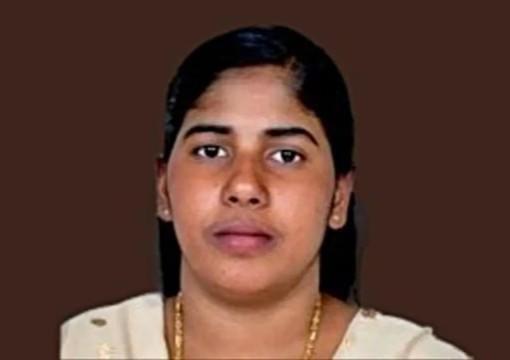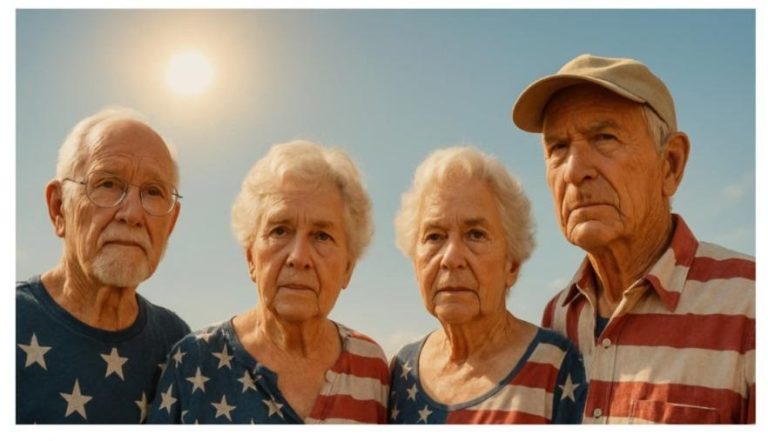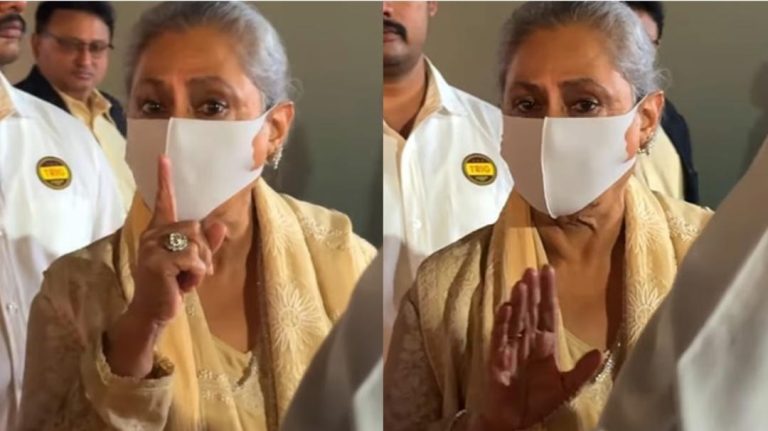
How was Indian nurse Nimisha Priya’s execution in Yemen postponed?
In a dramatic turn of events, the execution of Indian nurse Nimisha Priya in Yemen has been postponed, thanks to the intervention of Al Wasab region’s ruler Abdul Malik Al Nehaya and Yemen’s President Rashad al-Alimi. According to social worker Samuel Jerome Baskaran, who has been working tirelessly to secure Priya’s release, the meeting between Al Nehaya and President Al-Alimi led to the deferment of the execution just a day after the meeting.
The news of Priya’s execution was met with widespread shock and outrage in India, with many calling for her immediate release. Priya, a 30-year-old nurse from Kerala, was arrested in Yemen in 2019 on charges of espionage and was subsequently sentenced to death. Her execution was set to take place on April 12, but thanks to the intervention of Al Nehaya and President Al-Alimi, the execution has been postponed.
Baskaran, who has been working with Priya’s family and friends to secure her release, revealed that Al Nehaya met with President Al-Alimi to discuss Priya’s case and seek his intervention. Al-Alimi, reportedly, agreed to defer the execution, giving Priya a temporary reprieve.
However, despite the postponement of the execution, the Yemeni government has refused to disclose any further details about Priya’s case. Baskaran expressed his frustration at the lack of transparency, saying that the authorities were being uncooperative and refusing to provide any information about Priya’s situation.
Priya’s family and friends have been holding protests and rallies in Kerala to demand her release. Her mother, Rizwana, has been particularly vocal, appealing to the Indian government and international authorities to intervene and secure her daughter’s release.
The Indian government has also been working to secure Priya’s release, with External Affairs Minister S Jaishankar speaking to his Yemeni counterpart to seek her release. The Indian embassy in Yemen has also been in touch with Priya’s family and friends, providing them with updates on her situation.
Priya’s case has raised concerns about the treatment of Indian nationals in Yemen. There are reportedly many Indian workers and professionals in Yemen who are facing difficulties and are in need of assistance. The Indian government has been working to evacuate Indian nationals from Yemen, but the situation remains precarious.
The postponement of Priya’s execution is a welcome development, but it is crucial that the Yemeni government provides more clarity on her case and takes concrete steps to secure her release. Priya’s family and friends are relieved that she has been given a temporary reprieve, but they are still anxiously waiting for her release.
As the situation continues to unfold, it is essential that the Indian government and international authorities work together to secure Priya’s release and ensure the safety and well-being of Indian nationals in Yemen. Priya’s case is a reminder of the importance of diplomatic efforts and humanitarian interventions to protect the lives and rights of Indian citizens abroad.






